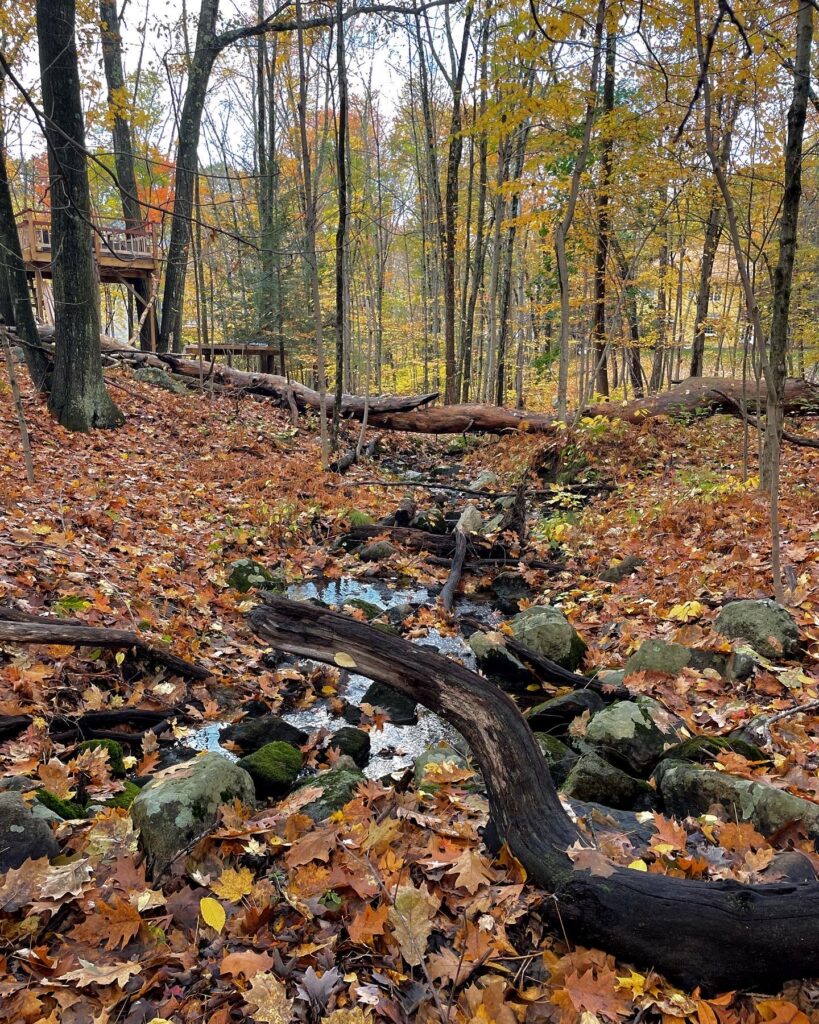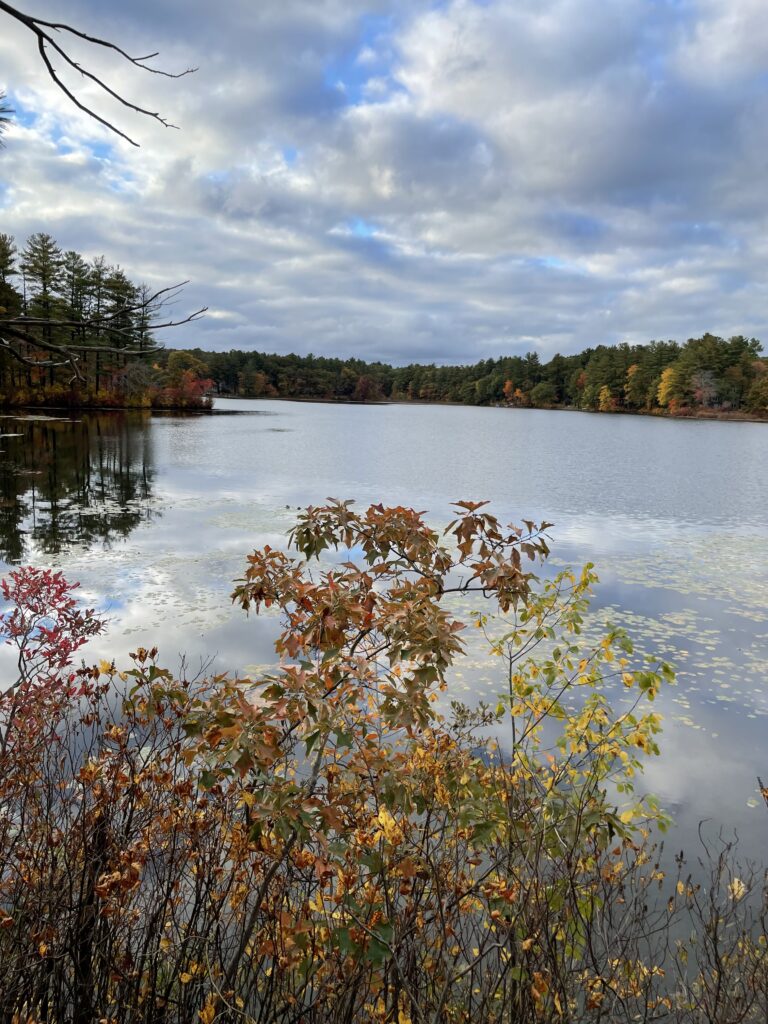Nature Heals…Or Does it?
As life unrolls through autumn, I’ve been enjoying warm apple cider and pumpkin spice coffee as some of my absolute favorite flavors become seasonally appropriate again. This year, however, my absolute favorite part of the season has been my weekly hikes through the AVIS trails.

I find that the increased immersion in nature clears my head; a much needed stress reliever throughout the college application process. Upon further investigation, it was easy to find numerous articles backing up the idea that getting outside has extensive benefits towards physical and mental health. Studies have shown that time spent in nature is a genuine antidote for stress, according to the Yale School of the Environment it can “lower blood pressure and stress hormone levels, reduce nervous system arousal, enhance immune system function, increase self-esteem, reduce anxiety, and improve mood” (Ecopsychology: How Immersion in Nature Benefits Your Health by Jim Robbins). While work and school sometimes feel like the controlling factors of our lives, it can be very beneficial to add at least two hours of immersion in nature to your weekly schedule in order to naturally cope with stress and restore a sense of well being.
(Image from the Richard J. Bonier Reservation)
Despite this, recently it’s been hard for me to find the motivation to get outside. After weeks of constant headaches, negative covid tests, and thinking I had some prolonged version of the flu, I’ve finally discovered that this season has gifted me the lovely surprise of newly acquired fall allergies. Prior to this year, I’ve only had to deal with a brief (but brutal) spring allergy season so I was very confused when the only thing to help with my mystery illness was the leftover allergy medicine I took as a last resort. When I looked into it online, I found I was not alone. According to a recent article from the New York Times, fall allergies are getting “more common and more intense” (Fall Allergies Are Real. And They’re Getting Worse by Dani Blum). So why is this happening?

It would seem that the culprit (yet again) is climate change. As climate change extends warm weather in the fall, it has also given plants such as ragweed a prolonged growing period to release allergens. Not only that, but increased carbon dioxide emissions also “spur plants to release larger amounts of pollen” (Blum). And as if it wasn’t bad enough for those prone to allergies to suffer longer, those of you that don’t currently have to deal with allergies are next. The constant exposure to more concentrated amounts of allergens may make people without allergies develop them. While uncomfortable, the symptoms also serve as a reminder that the effects of climate change are manifesting in unexpected ways.
(Image at Journey’s End, Goldsmith Woodlands Reservation)
So if you have been struggling to spend enough time immersed in nature due to mystery headaches, I recommend you look into the possibility of newly developed fall allergies in order to treat them and enjoy nature once again. And if life has been stressful lately, the best scientifically supported natural remedy available is to set aside designated time to spend outside each week.